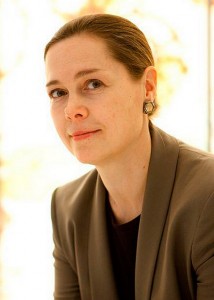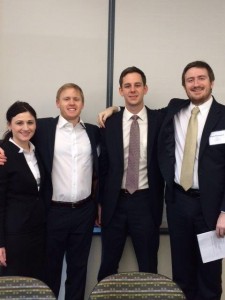MULS Conference to Consider Human Trafficking and Restorative Justice
 On Thursday and Friday, Marquette Law School will host an important conference, “Restorative Justice and Human Trafficking — From Wisconsin to the World.” As the title suggests, human trafficking — for sex or labor — is a both a global human rights problem and a significant issue locally. Hundreds of cases have been reported in Wisconsin, mostly in the Milwaukee area. The conference is designed to raise awareness about trafficking and to help concerned citizens get involved in efforts to address the problem.
On Thursday and Friday, Marquette Law School will host an important conference, “Restorative Justice and Human Trafficking — From Wisconsin to the World.” As the title suggests, human trafficking — for sex or labor — is a both a global human rights problem and a significant issue locally. Hundreds of cases have been reported in Wisconsin, mostly in the Milwaukee area. The conference is designed to raise awareness about trafficking and to help concerned citizens get involved in efforts to address the problem.
The Conference kicks off at 4:30 on Thursday with a keynote address by Martina Vandenberg (pictured above), who leads the Human Trafficking Pro Bono Legal Center in Washington, D.C. Vandenberg has worked on cases involving trafficking and other humans rights violations around the world.
On Friday, the Conference will continue with a full schedule of speakers and panels. A panel of victim-survivors will share their experiences. Local leaders and activists will discuss the impact of trafficking and current efforts to help victims. Other speakers will cover the existing legal framework, potential legal reforms, and the international context of trafficking.
The Conference is sold out, but there will be a live feed that can be viewed by clicking on the “Watch Now” tabs in the pages linked to above.

 Consistency and predictability—these are two principles that I have come to appreciate during my first year of law school. Schedule—predictable, every Tuesday/Thursday, 5:30-9:00. Exams—unpredictable, but consistently challenging. Reading—consistent onslaught of interesting, yet challenging cases.
Consistency and predictability—these are two principles that I have come to appreciate during my first year of law school. Schedule—predictable, every Tuesday/Thursday, 5:30-9:00. Exams—unpredictable, but consistently challenging. Reading—consistent onslaught of interesting, yet challenging cases.